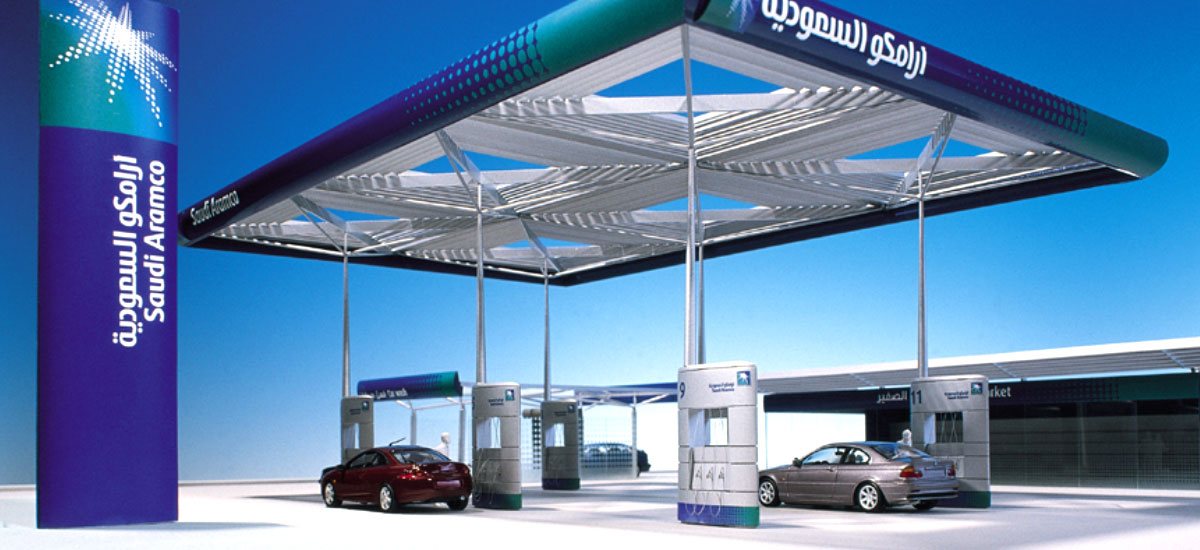
Paywalls – the notion of having to pay a monthly subscription to access news online – has long been a contentious issue, for publishers, journalists, and the public. However, paywalls and the online paid subscription model have worked; just look at the New York Times, which has arguably been saved by the paywall it introduced just under a decade back.
The old model of print media has been declining for years. And the coronavirus pandemic has accelerated the process. What we hadn’t seen was any attempt to bring the paywall model to the Gulf in any substantial way, to offset the losses that many publications are seeing, both from fewer people buying copies in-store, and from advertisers pulling marketing spend.
There’d long been talk of The National going digital only. And Gulf News journalists I know spoke of how the paper had also discussed putting up a paywall. However, it may be unsurprising that it’s a publication run by a private publisher which has taken the step of introducing a subscription fee for unlimited use of the website.
Announced yesterday via email to its subscribers, Arabian Business will be the first publication in the Gulf to put up a paywall. Here’s the text of their email message below.
Thank you for your support
Thank you for signing up on arabianbusiness.com and I trust you are benefiting from the news, insight and opinion that are available on the website, 24 hours a day.
The Covid-19 situation has certainly provided some challenges – but it has not stopped us. The editorial team continue to source, research and publish high quality, trustworthy content from the UAE and worldwide, keeping arabianbusiness.com as the number 1 site in the region.
The best content, local and international
Website users enjoy content on topics ranging from commerce to culture, construction to cars, property to politics, and sports to style.
You can read stories from the UAE and worldwide, brought to you in articles, interviews, videos and photography.
Learn more about the world’s most successful business leaders, the newest start-ups, multinational conglomerates and enterprises local to you. It’s all on the website, 24/7.
Improvements to the website from June 26th 2020
To further improve the quality and quantity of news we publish, the website is moving to a paywall model from June 26th 2020.
What does this mean? Everyone can read 5 articles a month, every month, for free. To enjoy unlimited access across the entire website will cost just $5.99/month.
Why? Making quality content available around the clock, to anyone wherever they are in the world, comes with a cost. To ensure Arabian Business can continue to provide the high quality, accurate, insightful, entertaining and useful features and news that you are used to, we are introducing this nominal charge.
What is included in the cost?
• Two months free trial – try it without risk. After that, it’s just $5.99 a month
• Unlimited access to the website, 24 hours a day
• Arabian Business digital magazine, every 2 weeks – delivered via app to your mobile or tablet
• Priority access to networking events, award ceremonies and conferences
And if you decide to cancel for any reason, you can.
How to sign up and enjoy unlimited access
Click the link below and follow the very simple two step procedure.
If you have any questions about the new paywall, or any other questions regarding Arabian Business, feel free to contact us on the above email and one of our team will get in touch.
I am sure you will continue to enjoy the content created by our team of correspondents in the Middle East, Asia, Europe and the USA – and from 2021 we hope to extend our coverage into both Africa and South America.
Kind regards,
The Arabian Business Team
The hope is that the subscription revenue stream will offset reduced ad spending in the short term. And longer-term, possibly make the publication less reliant on marketing budgets. This could be a very good outcome for two reasons. Firstly, publishers in the region often publish content their advertisers share with them (and sales people also push this message). The editorial teams will be less reliant on having to please advertisers with what is essentially advertorial copy. And second, it’ll enable the journalists to focus on news that readers want to see, namely more investigative journalism (which can also upset advertisers).
These are big ifs, and it’s going to take time to change established relationships between advertisers and publishers. But if a paywall leads to better journalism, I’m ready to put my money on the table and pay up. Given the number of journalists who are currently being let go of in the region (including, worryingly, at Arabic-language newspapers), it’s worth a shot. And I hope others follow the lead of Arabian Business, generate new revenues, and put that back into creating quality journalism that we all want to see.








